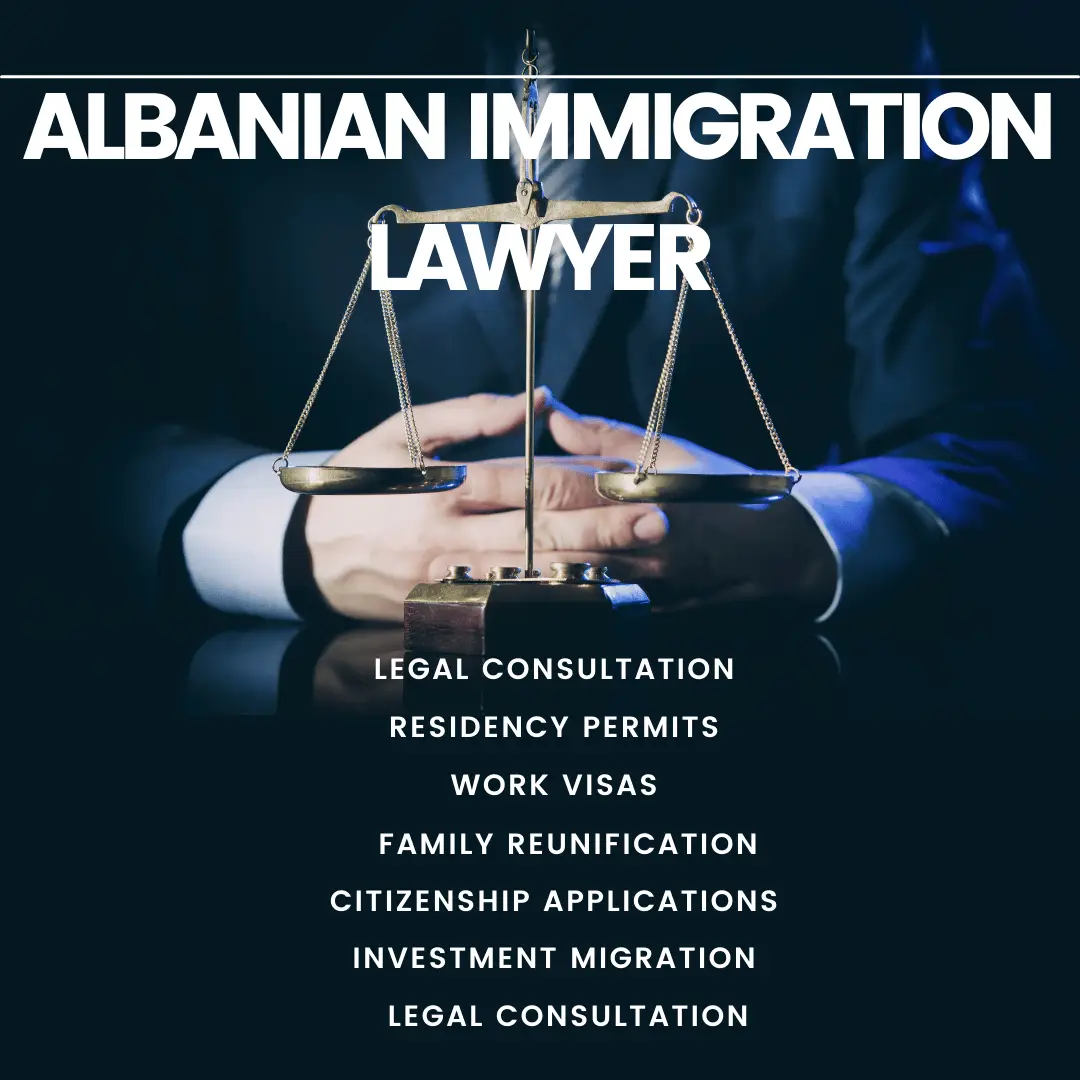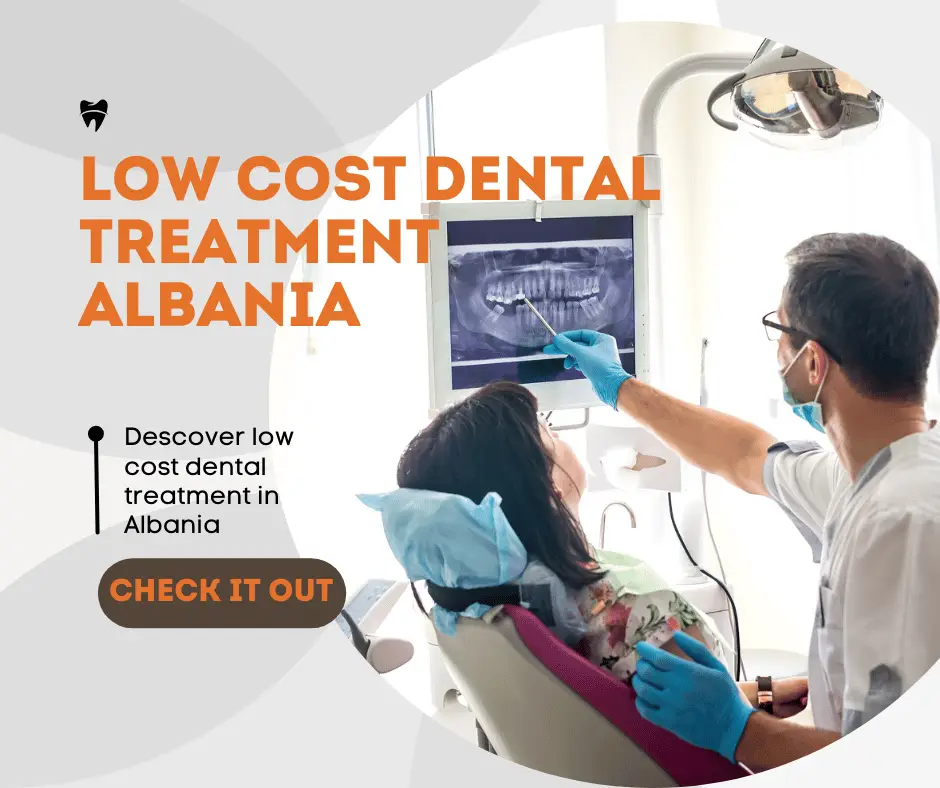Revitalising Albania’s Roads: A Lifeline for Communities
Transforming Albanian Roads. Albania’s 15,000-kilometre road network is the backbone of its communities, driving trade, access to essential services, and connectivity. However, years of underfunding left many rural and regional roads disrepair, posing safety risks and stalling economic activity. For remote villages, the poor condition of these roads often meant isolation.
One example is Darëzezë e Re village, where a one-way bridge destroyed by floods created kilometres-long traffic queues. Farmers with produce were stuck for hours, and cattle couldn’t cross. “The old bridge caused endless delays. Farmers had to wait two or three hours to get home,” recalls resident Feruze Vushi.
To tackle this challenge, Albania, with the support of the World Bank, launched the Regional and Local Roads Connectivity Project in 2018. This initiative rehabilitated nine key regional and rural roads across eight municipalities, focusing on engaging local communities in the planning and design process. This approach not only improved safety and accessibility but also fostered a sense of ownership among residents.
Empowering Agriculture and Unleashing Tourism Potential. Transforming Albanian Roads
The revitalisation of Albania’s rural roads has reinvigorated the agricultural sector by improving market access and reducing transportation costs. In regions like Pogradec-Tushemisht and Fier-Seman, better roads have boosted farmers’ incomes and stimulated local economies. Fish farm owner Qazim Balili from Kuç village highlights the impact: “The new road saves me time and money, and with guardrails and road signage, driving is much safer.”
These improvements also helped unlock Albania’s tourism potential. The picturesque villages and natural landscapes—central to Albania’s beauty—are now more accessible, drawing more tourists and creating new jobs. In 2023, the country welcomed over 10 million visitors, with hotspots like Theth, Kuç, and Tushemisht experiencing a surge in numbers. This influx has spurred local businesses and attracted private investments, further diversifying the economy and transforming Albanian Roads.
As guesthouse owner Fatmir Berishta from Theth points out, “Emigrants are returning to invest. People are turning homes into hostels, and new private initiatives are enhancing the tourist experience.”
Transformative Results: Building a Brighter Future
The transformation of Albania’s road network has had a profound and far-reaching impact. Travel times have decreased by up to 75% in some areas, property values have risen, and new jobs and businesses are flourishing. The ripple effects of improved connectivity are visible across the country, from bustling markets to thriving tourist destinations.
Albania’s road rehabilitation project showcases infrastructure’s decisive role in sustainable growth. The nation is paving the way for a brighter, more inclusive future by prioritising connectivity. Transforming Albanian Roads










